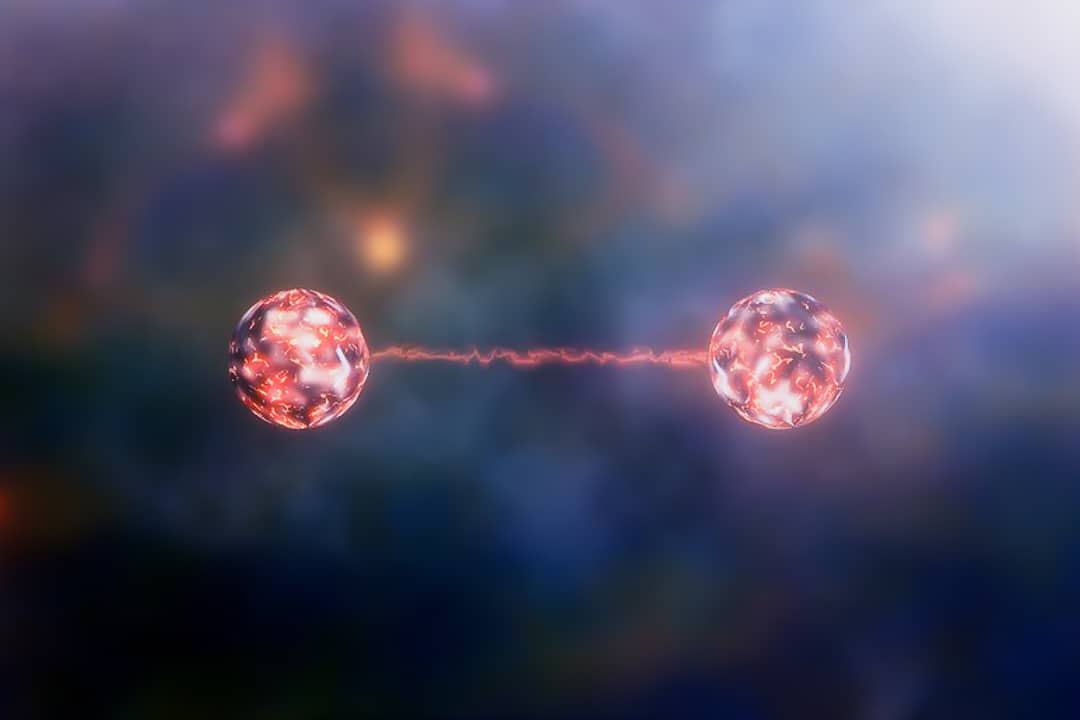Advancements in computers and the rise of the internet have revolutionized our world, making our lives unrecognizable to those who had lived less than a century ago. Every day, computers allow us to perform tasks that would be impossible to complete on our own. Despite all this progress, there are still tasks regular computers cannot do. So, where do we turn when we have a task too complex for even the world’s most powerful supercomputers?
How quantum computers differ from classical computers
Unlike classical computers that store information using ‘bits’ that can only be in one of two states, either 0 or 1, quantum computers have quantum bits, often referred to as ‘qubits.’ Qubits are particles with physical properties that cause them to behave differently than regular bits. One of these properties is superposition, allowing them to be a mix of 0 and 1 — instead of being just 0 or 1, they can be both at the same time.
Qubits can also become entangled, meaning that the states of individual qubits can become connected and, as one changes, so does the other. So, by measuring the state of one qubit in an entangled pair, you could infer the state of the other. These unique properties are what reduce the processing time and increase the capabilities of quantum computers, making them superior at performing certain computations.
What can they be used for?
The current and potential applications of quantum computers are truly endless and exciting. In chemical and biological research, some processes are too complicated for classical computers to simulate but quantum computers can easily model them, such as simulating entire regions of the human brain.
Quantum computers are also part of a new frontier in cryptography. Most modern encryption methods are based on mathematical algorithms that are only secure because they would take classical computers lifetimes to crack. One day, quantum computers will break these encryptions within a matter of seconds, and, fortunately, create new encryptions that will withstand the power of quantum computers.
Overall, quantum computers are incredibly complex and expensive devices that will likely be one of the most important technological advancements of our lifetime. Just as the invention of classical computers forever altered our world, quantum computers will no doubt broaden the horizons of science, maths, and other fields.


